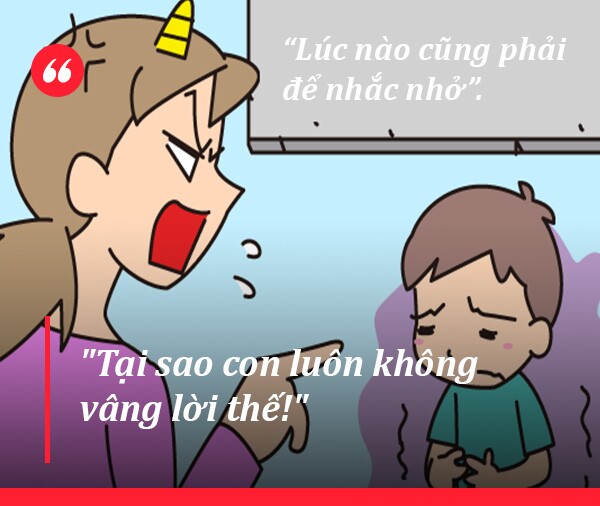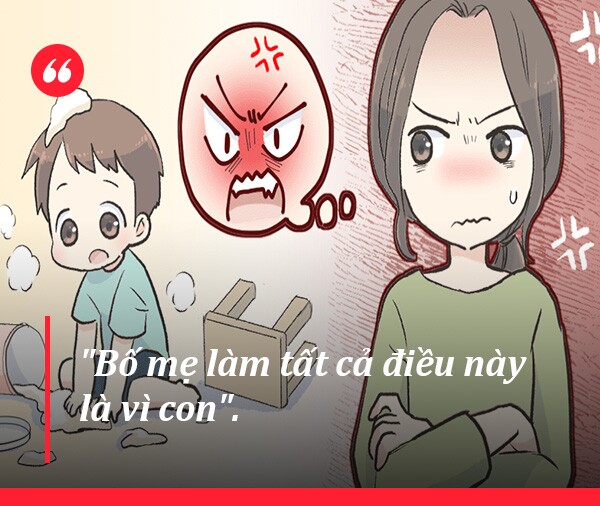In our daily conversations, there are a few phrases that can unintentionally hurt children, yet are often repeatedly used by parents.

“Look at someone else’s child”
This phrase not only denies the child’s current achievements but also compares their worth to that of other children. This can create a significant psychological burden, making the child feel not good enough or worthy. Such comparisons can diminish self-confidence and create a sense of inferiority.
Over time, if children constantly face unfair comparisons and pressure, they may develop an inferiority complex or even rebellious emotions. These emotions can affect relationships and lead to discouragement in learning and life. Children may become distant and reluctant to share their feelings and thoughts.
Every child is unique, with their own pace of development and strengths. Parents should acknowledge and respect these differences instead of imposing universal standards. Embracing uniqueness will make children feel loved and valued, allowing them to grow naturally.
Parents should focus on their child’s progress and efforts rather than chasing someone else’s standards. Every small step in learning deserves recognition and encouragement. When children feel that their efforts are acknowledged, they will be more motivated to strive for improvement. 

“Why can’t you ever obey me!”
Behind this statement, parents often conceal their confusion and desire to control their child’s behavior. This may stem from anxiety about the future or the wish for their child to conform to certain standards deemed appropriate by the parents. However, excessive control can inadvertently hinder natural development, making the child feel disrespected and voiceless in their own decisions.
Children have their own interests and a natural desire to explore the world, which is a valuable asset in their growth. These experiences and explorations help children develop cognition, shape their personality, build self-confidence, and foster creativity. When allowed to explore and experiment freely, children learn to face failures, find solutions, and develop problem-solving skills.
Parents should strive to understand their child’s behavior from their perspective and grasp their true feelings and thoughts. This will enable parents to have a deeper understanding of their children and create a safe space for them to express themselves.
Instead of solely using “obedience” as a standard, parents should aim for a balance between interests and learning through communication and guidance. This includes listening to the child’s desires, encouraging them to share their emotions and thoughts, and building a trusting and open relationship.


“We do all this for you”
This statement, seemingly filled with love and care, can actually become a chain that restricts the child’s growth.
Parental love should be about understanding, supporting, and guiding, not controlling.
Children need to learn to face life independently and develop resilience to navigate its ups and downs.
Parents should provide their children with appropriate freedom to safely explore new things, experience failures and successes, and develop problem-solving skills and self-confidence.

What is truly “good for the child” is teaching them to protect themselves and achieve success according to their abilities, rather than depriving them of the right to grow up.
Psychologists advise that parents should always remind themselves that language is a tool to convey love, but it can also cause harm.
In communication between parents and children, patience, understanding, and respect are key. Positive and encouraging conversations should prevail, and love should be the bridge that connects them, not the source of distance.


































